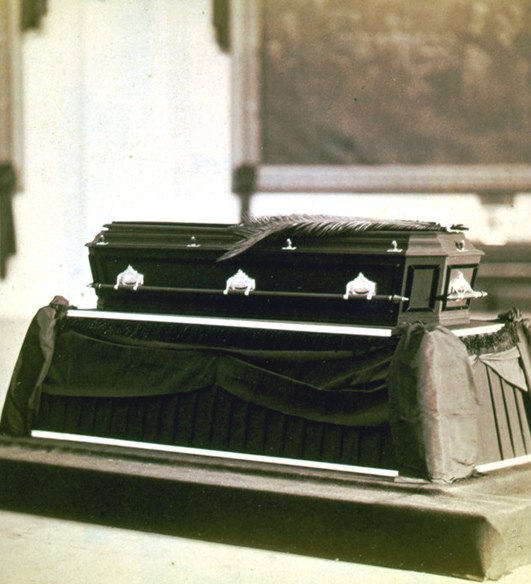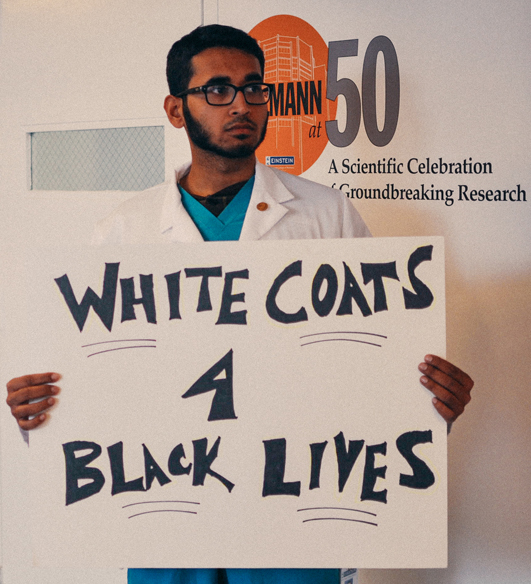
The Post-Mortem Visual Body |

The Place of Narrative in Death and Dying |

Racial Inequalities of the Post-Mortem |

Cause of Death, Autopsies, and Health Statistics |

About ‘After Death’ |

Empathy Fatigue and Terror Management Theory |
Each year, the humanities department at Miami University sponsors a fellowship program for faculty and students to research, discuss, and collaborate on interdisciplinary topics. The John W. Altman Program for 2016-17, “Medicine and the Humanities,” questions medical concerns from a humanistic approach. For example, how can the humanities inform our sense of well-being, our ideas about our bodies and our health, and our desire to craft meaningful lives in the face of our own mortality? After Death is a project produced by the five undergraduate fellows with help from Miami University’s Center for Digital Scholarship and other contributors to the program. Each podcast explores a particular theme within the program to inform listeners about post-mortem processes examined from diverse angles. Rather than engaging with questions about the afterlife, we have chosen to focus on the corpse as a social object and death as an event. We believe that discussions of the post-mortem can help prepare people to confront their own mortality and reveal the institutional structures surrounding the corpse. The podcast medium is meant to directly engage listeners in the ongoing conversation of current mortality scholarship and contemporary mortuary affairs. Discussions of death are challenging and can be controversial, and a humanistic approach offers a way to understand death in American culture.